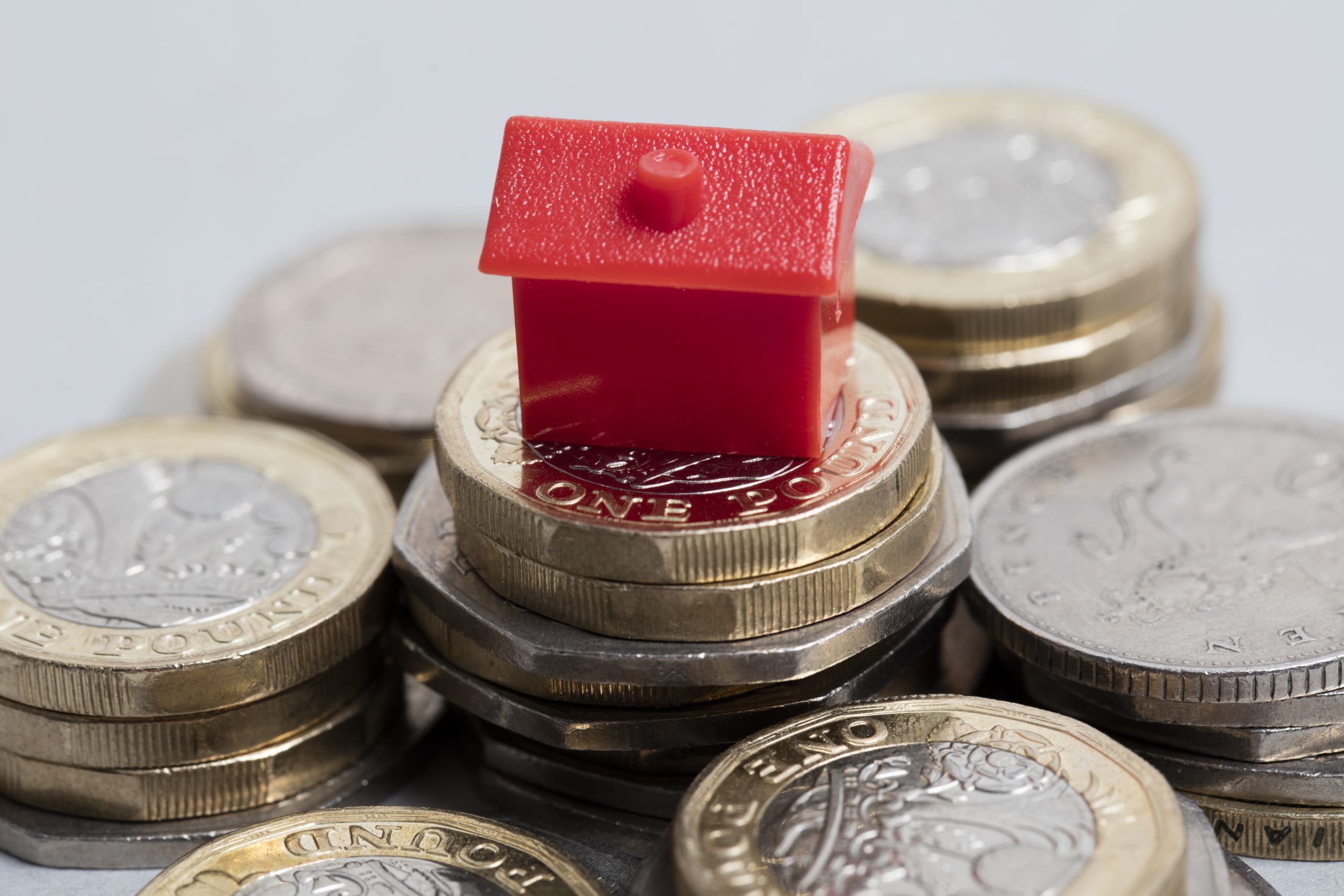First-time Buyer
Call for stamp duty reform as receipts reach fresh high

Guest Author:
John FitzsimonsThe amount paid in stamp duty over the last year has hit a record high of £18.6bn.
Overall receipts for stamp duty between April 2021 and March 2022 was up by £6.1bn on the previous tax year, according to data from HM Revenue and Customs (HMRC).
The jump in stamp duty receipts for the taxman is partly due to high activity levels in the property market, initially driven by the stamp duty holiday. Provisional estimates for the tax year revealed that around 1.37 million property transactions were carried out in 2021/22, the highest figure seen in at least a decade.
This level of activity and interest in purchasing property has in turn pushed house prices ever higher, with the latest data from the Office for National Statistics showing that the average property is now worth £277,000, having jumped 10.9% over the last 12 months.
Time for stamp duty reform
Jonathan Stinton, head of intermediary relationships at Coventry Building Society, said the stamp duty holidays over the last year had “distorted” the market, pushing prices higher and resulting in larger receipts for the Treasury than ever before.
He said: “We still expect stamp duty receipts will return to the long-term trend of steady increases over time in the coming months. And, with average house prices still on the rise, the Treasury will continue to bring in billions, adding substantially to the cost of moving home.”

Wellness and wellbeing holidays: Travel insurance is essential for your peace of mind
Out of the pandemic lockdowns, there’s a greater emphasis on wellbeing and wellness, with
Sponsored by Post Office
Stinton suggested that these receipts meant that the need for stamp duty to be reviewed and reformed was now “even more apparent”.
Other tax receipts rising too
The increase in house prices has not just meant a higher stamp duty take, but also a jump in inheritance tax receipts.
The amount paid in inheritance tax in the last tax year rose by £700m to £6.1bn, the figures show.
As house prices have grown, it has meant that increasing numbers of people have estates worth more than the current £325,000 inheritance tax threshold, and so have found they are liable for the tax.